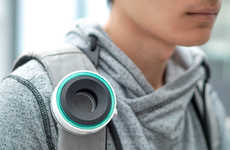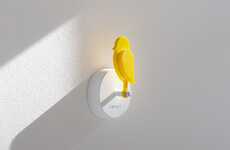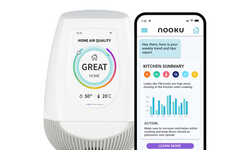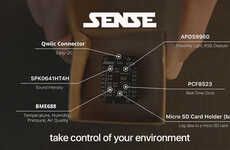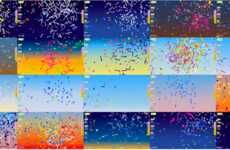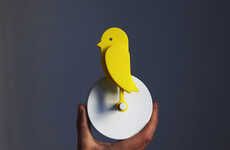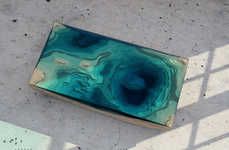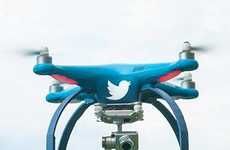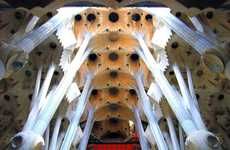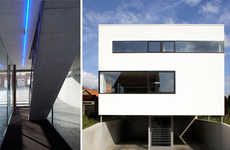
The Float Project Aims to Map Air Pollution Around Beijing
Katherinev123 — July 24, 2012 — Eco
Beijing is a city known for having poor air quality, and now design students Xiaowei Wang and Deren Guler have joined forces to create a community initiative, called the Float project, involving the use of pollution-sensing kites. The Float project aims to have the residents of Beijing come together to build the kites and use them to measure and monitor the air quality around the city.
The kites will be built with Arduino pollution-sensing modules and LED lights, says Wired. The modules sense particles and pollutants, such as carbon monoxide. Depending on the air's pollution level, the LED lights on the kite will change colors from green to yellow to red. So far, the Float project has completed a round of funding on Kickstarter and its first kite workshop for Beijing residents will be held July 28.
The kites will be built with Arduino pollution-sensing modules and LED lights, says Wired. The modules sense particles and pollutants, such as carbon monoxide. Depending on the air's pollution level, the LED lights on the kite will change colors from green to yellow to red. So far, the Float project has completed a round of funding on Kickstarter and its first kite workshop for Beijing residents will be held July 28.
Trend Themes
1. Community Air Monitoring - The Float project demonstrates a trend towards community initiatives utilizing innovative technologies like pollution-sensing kites to monitor air quality.
2. Data-driven Pollution Tracking - The use of Arduino pollution-sensing modules highlights a trend of using data-driven technologies to track and measure pollution levels in real-time.
3. Crowdfunding for Environmental Initiatives - The successful funding of the Float project on Kickstarter showcases a trend of utilizing crowdfunding platforms for environmentally-focused projects.
Industry Implications
1. Environmental Monitoring - The Float project presents opportunities for companies in the environmental monitoring industry to develop and market pollution-sensing technologies like the Arduino modules.
2. Renewable Energy - The use of LED lights on the pollution-sensing kites suggests opportunities for the renewable energy industry to provide sustainable power solutions for such monitoring devices.
3. Community Engagement - The Float project highlights the potential for industries focused on community engagement and activism to collaborate on initiatives like workshops and events that raise awareness about air pollution and its impact.
0.6
Score
Popularity
Activity
Freshness



